China tries to bury deadly car attack
An SUV drove into a crowd of people in Zhuhai, killing and injuring dozens — but news of the attack has been censored

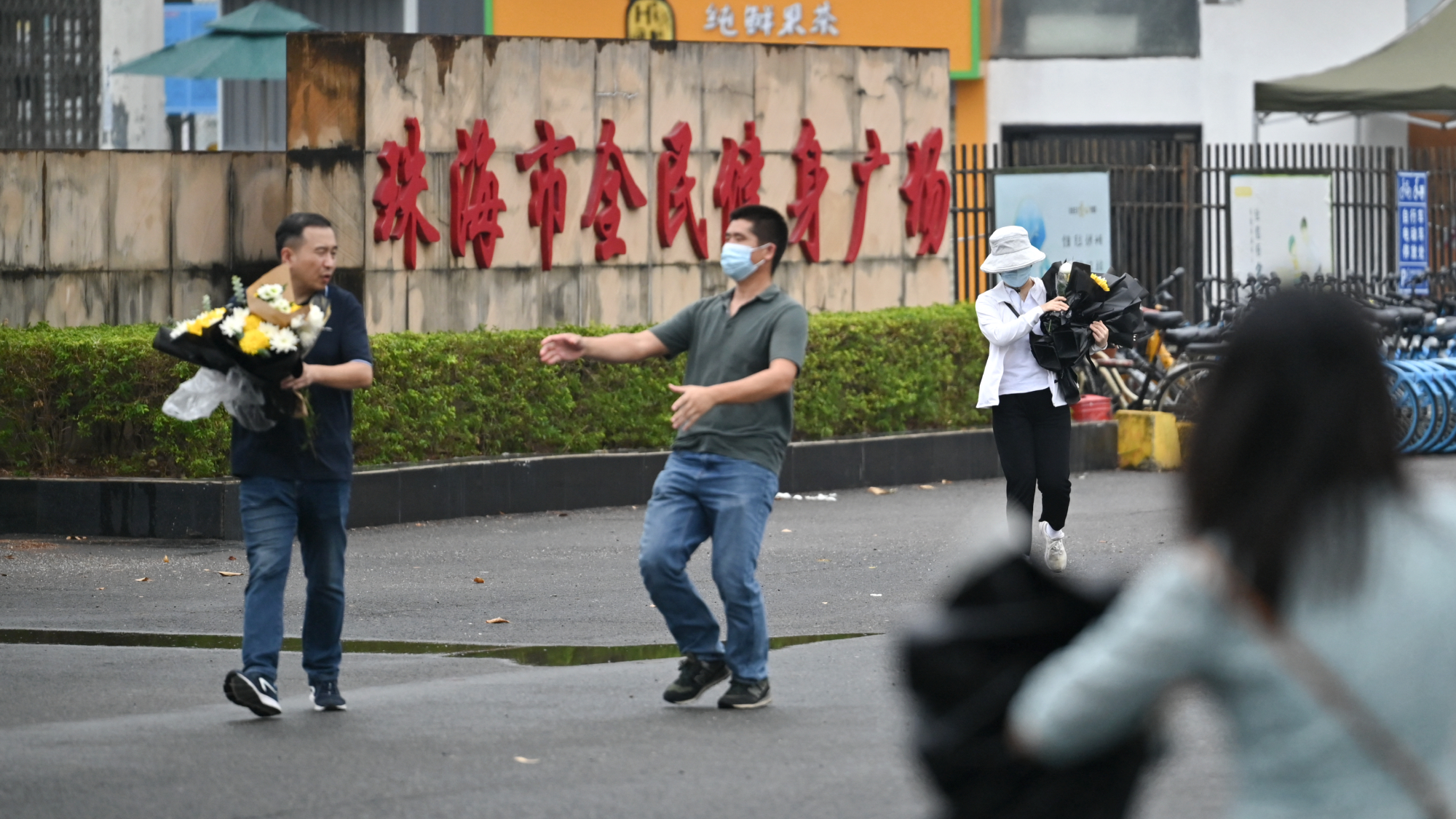
A free daily email with the biggest news stories of the day – and the best features from TheWeek.com
You are now subscribed
Your newsletter sign-up was successful
What happened
A 62-year-old man in Zhuhai, China, rammed an SUV into a crowd of people exercising at the local sports complex Monday evening, killing at least 35 and severely injuring 43 others, Chinese officials said Tuesday. By Wednesday, "two days after the deadliest known violent attack in China in a decade," The New York Times said, "officials were working to make it seem as if nothing had happened."
Who said what
Officials have said little about the suspected assailant, only that his surname is Fan, he was upset about his divorce settlement and was in a coma after stabbing himself. Online discussion, news articles and videos of "China's deadliest mass killing in years" were all "being censored," The Associated Press said. "Uniformed and plainclothes police monitored" the Zhuhai People's Fitness Plaza and "prevented visitors from gathering or taking photographs." Candles and flowers people had laid outside the sports center were all removed by yesterday afternoon.
The erasure was a "precise enactment of the Chinese government's usual playbook after mass tragedies," the Times said: Silence "nonofficial voices," spread "assurances of stability" and "minimize public displays of grief." On "one level, you can understand" the reaction, BBC China correspondent Stephen McDonell said: This attack, like other "inexplicable assaults on the community, are copycat in nature." But it's also true, he added, that Chinese officials "sometimes want these bad things to simply go away as quickly as possible."
The Week
Escape your echo chamber. Get the facts behind the news, plus analysis from multiple perspectives.

Sign up for The Week's Free Newsletters
From our morning news briefing to a weekly Good News Newsletter, get the best of The Week delivered directly to your inbox.
From our morning news briefing to a weekly Good News Newsletter, get the best of The Week delivered directly to your inbox.
What next?
Beijing's goal in Zhuhai was to "stifle potential questions and criticism of the authorities, and force the public to move on as quickly as possible," the Times said. And "to a large degree, it appeared to be working."
A free daily email with the biggest news stories of the day – and the best features from TheWeek.com
Peter has worked as a news and culture writer and editor at The Week since the site's launch in 2008. He covers politics, world affairs, religion and cultural currents. His journalism career began as a copy editor at a financial newswire and has included editorial positions at The New York Times Magazine, Facts on File, and Oregon State University.
-
 What to know before filing your own taxes for the first time
What to know before filing your own taxes for the first timethe explainer Tackle this financial milestone with confidence
-
 The biggest box office flops of the 21st century
The biggest box office flops of the 21st centuryin depth Unnecessary remakes and turgid, expensive CGI-fests highlight this list of these most notorious box-office losers
-
 What are the best investments for beginners?
What are the best investments for beginners?The Explainer Stocks and ETFs and bonds, oh my
-
 Maxwell pleads 5th, offers Epstein answers for pardon
Maxwell pleads 5th, offers Epstein answers for pardonSpeed Read She offered to talk only if she first received a pardon from President Donald Trump
-
 Hong Kong jails democracy advocate Jimmy Lai
Hong Kong jails democracy advocate Jimmy LaiSpeed Read The former media tycoon was sentenced to 20 years in prison
-
 Ex-Illinois deputy gets 20 years for Massey murder
Ex-Illinois deputy gets 20 years for Massey murderSpeed Read Sean Grayson was sentenced for the 2024 killing of Sonya Massey
-
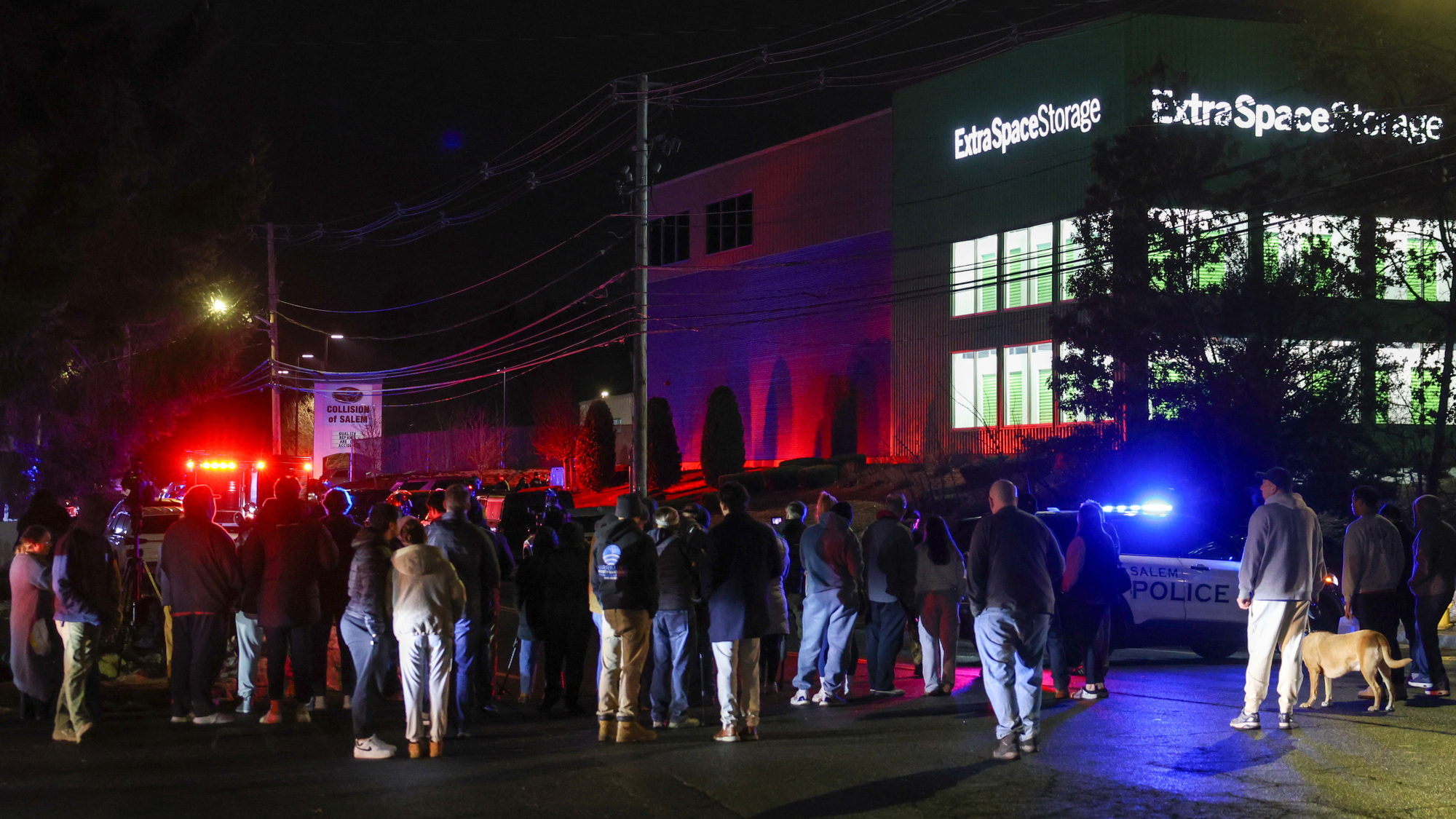 Sole suspect in Brown, MIT shootings found dead
Sole suspect in Brown, MIT shootings found deadSpeed Read The mass shooting suspect, a former Brown grad student, died of self-inflicted gunshot wounds
-
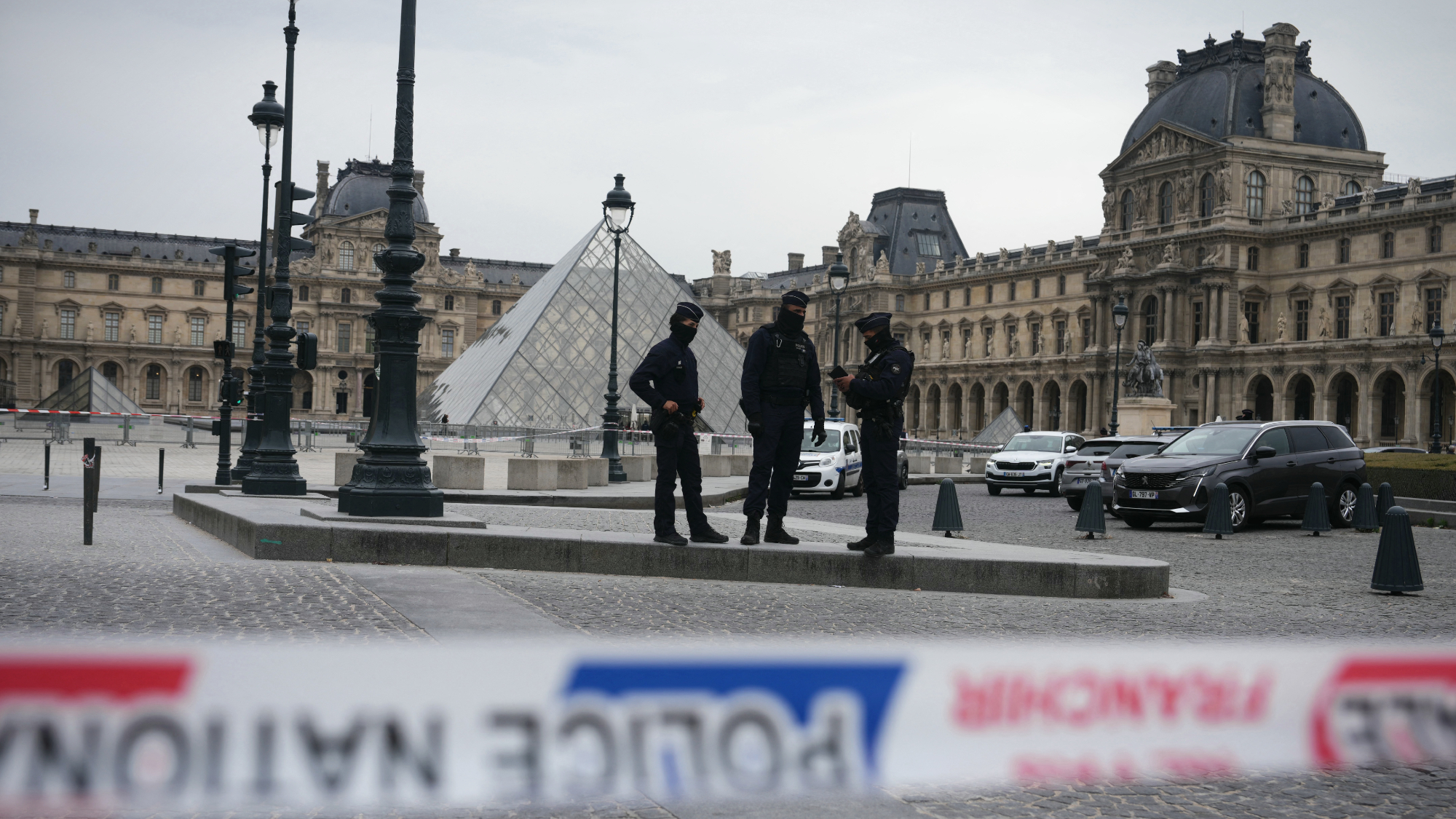 France makes first arrests in Louvre jewels heist
France makes first arrests in Louvre jewels heistSpeed Read Two suspects were arrested in connection with the daytime theft of royal jewels from the museum
-
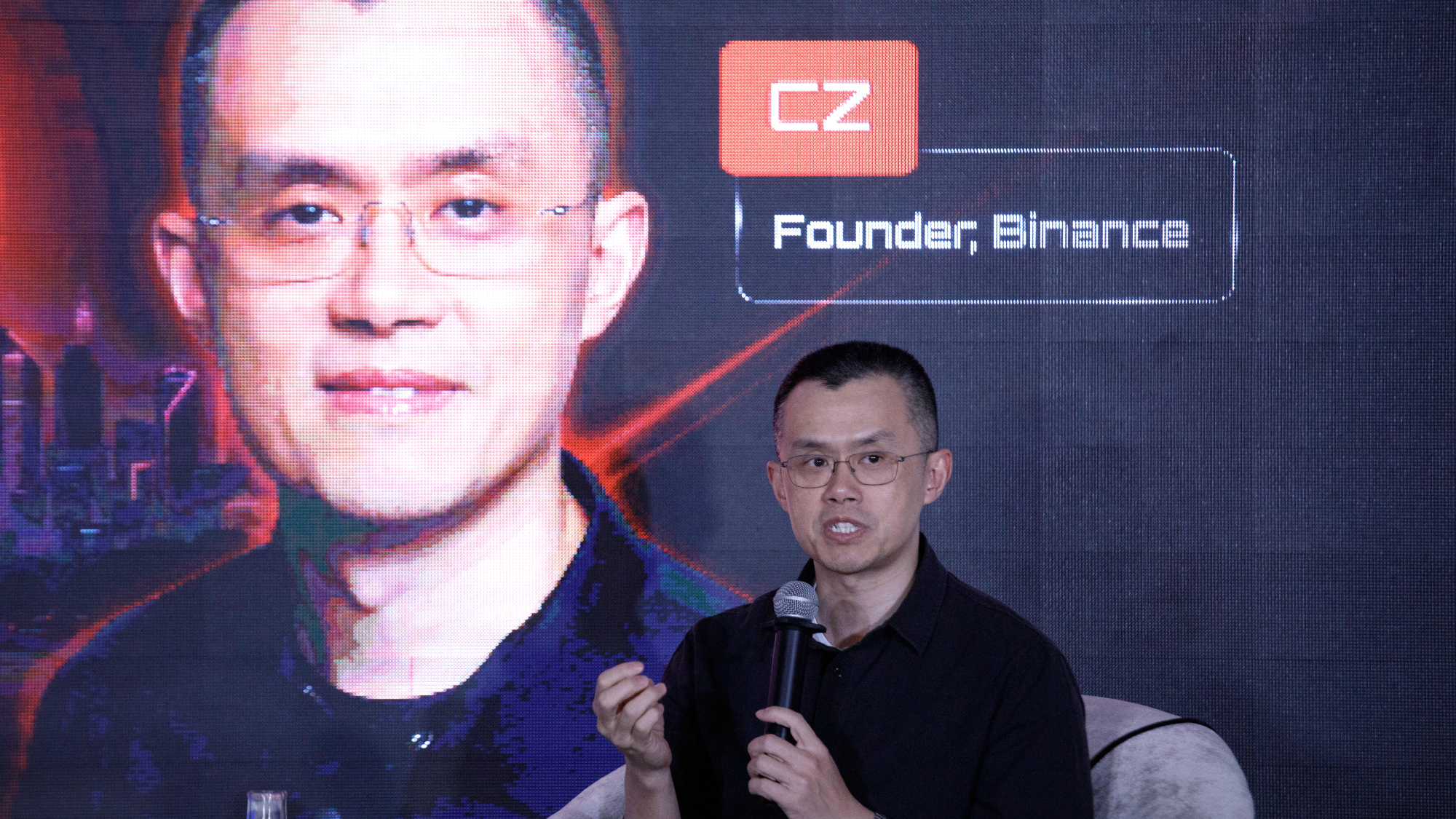 Trump pardons crypto titan who enriched family
Trump pardons crypto titan who enriched familySpeed Read Binance founder Changpeng Zhao pleaded guilty in 2023 to enabling money laundering while CEO of the cryptocurrency exchange
-
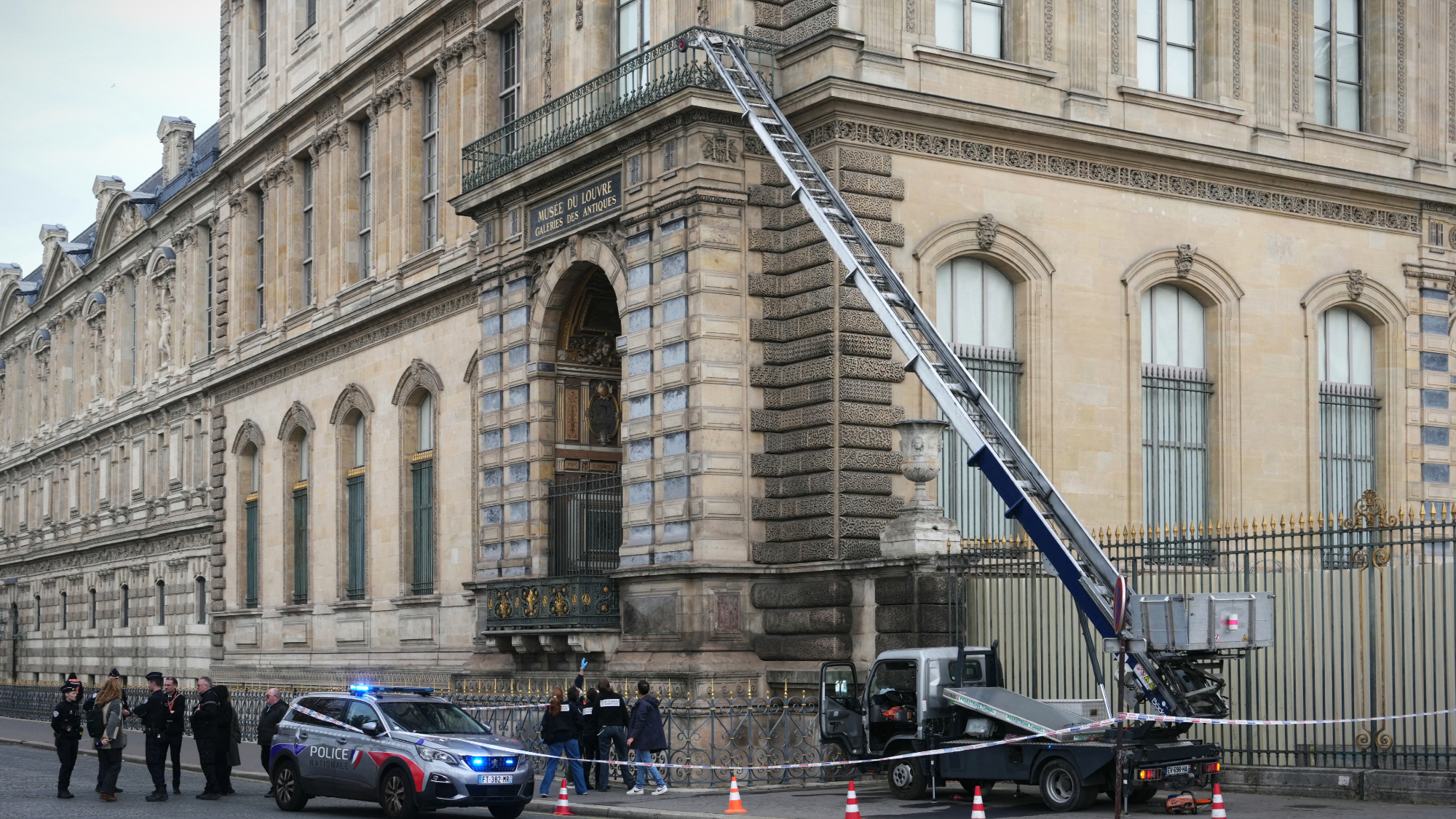 Thieves nab French crown jewels from Louvre
Thieves nab French crown jewels from LouvreSpeed Read A gang of thieves stole 19th century royal jewels from the Paris museum’s Galerie d’Apollon
-
 Arsonist who attacked Shapiro gets 25-50 years
Arsonist who attacked Shapiro gets 25-50 yearsSpeed Read Cody Balmer broke into the Pennsylvania governor’s mansion and tried to burn it down
